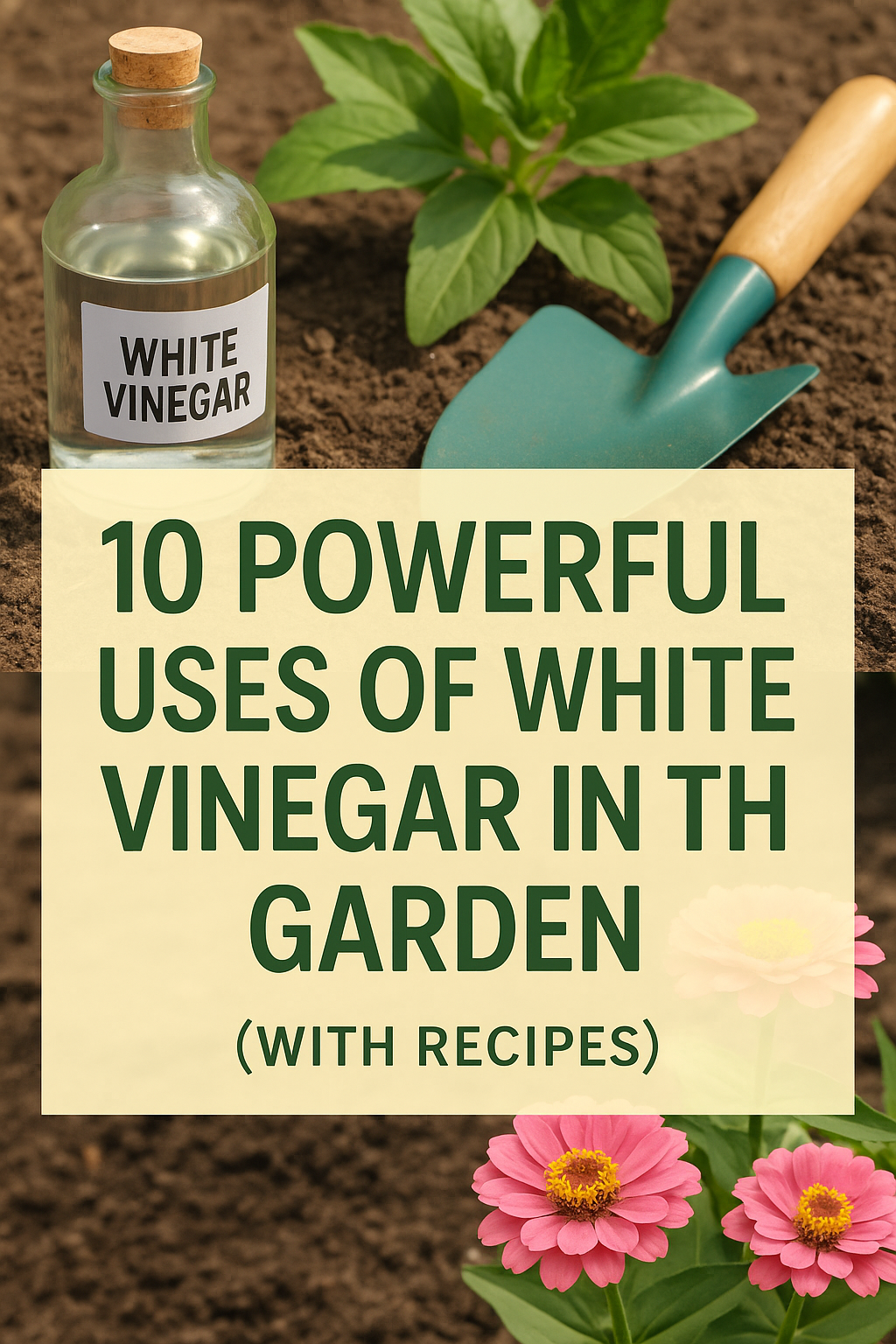
Don’t have a garden? No problem. You can still grow fresh herbs at home — even if you live in a small apartment or have only a balcony or windowsill. With the right setup and a little planning, you can enjoy the flavor and benefits of homegrown herbs all year long. Here’s how to grow herbs in small spaces, whether indoors or outdoors.
Why Grow Herbs in Small Spaces?
Herbs are among the easiest and most rewarding plants to grow in small spaces. They don’t need deep soil or large pots, and many varieties thrive in compact containers or hanging planters. Growing your own herbs can:
- Save money on store-bought herbs
- Provide fresher, more flavorful ingredients
- Add greenery to indoor spaces and balconies
- Improve air quality
- Bring a sense of calm and productivity to your home
Best Herbs to Grow in Small Spaces
Choose herbs that adapt well to containers and don’t require excessive space. Some top choices include:
- Basil: Loves warmth and sun; perfect for balconies
- Mint: Grows vigorously; best kept in its own container
- Chives: Compact and easy to grow on windowsills
- Parsley: Tolerates some shade and grows well indoors
- Thyme: Low-growing, drought-tolerant herb
- Cilantro: Best for cooler spots with indirect light
- Oregano: Hardy, flavorful herb for sunny balconies
Smart Space-Saving Ideas
When space is limited, creativity matters. Here are some smart ideas to grow herbs in tight areas:
- Vertical Gardens: Use wall-mounted planters, shelves, or hanging baskets
- Window Boxes: Attach them to balcony railings or sunny windows
- Tiered Stands: Stack pots using shelves or plant ladders to save floor space
- Hanging Planters: Suspend herbs from ceilings or wall hooks near windows
- Mason Jars: Great for herbs like chives, thyme, and basil in bright kitchens
Lighting Tips for Indoor Herbs
Most herbs need 4–6 hours of sunlight daily. South-facing windows work best. If natural light is limited, supplement with LED grow lights. Place the light about 6–12 inches above your herbs and use a timer for 12–14 hours daily for best results.
Watering and Care
Container-grown herbs dry out more quickly than garden plants. Water when the top inch of soil feels dry. Use pots with drainage holes and avoid overwatering, which can cause root rot. Fertilize every 3–4 weeks with a diluted organic liquid fertilizer.
Tips for Balcony Herb Gardening
If you have a balcony, you can create a mini herb oasis:
- Use railing planters for basil, parsley, and oregano
- Protect plants from strong winds with barriers or heavy pots
- Rotate pots to ensure even sunlight exposure
- Group herbs with similar light and water needs together
Harvesting Your Herbs
Harvest herbs frequently to encourage new growth. Use clean scissors or pinch off leaves just above a leaf pair. Never remove more than 1/3 of the plant at a time. Regular pruning keeps plants bushy and productive.
FAQ: Growing Herbs in Small Spaces
Can I grow herbs indoors all year long?
Yes! As long as you provide enough light, water, and warmth, many herbs thrive indoors year-round. Grow lights are helpful during shorter winter days.
Which herbs do best with limited sunlight?
Parsley, chives, and mint tolerate partial shade and can grow near north- or east-facing windows.
Final Thoughts
Even with limited space, you can enjoy a productive and beautiful herb garden. With the right herbs, smart container choices, and a touch of creativity, you’ll have fresh ingredients at your fingertips — no backyard required. Start small, learn as you go, and enjoy the flavor and freshness of homegrown herbs year-round.
Looking for more indoor growing tips? Check out our guide on Growing Herbs Indoors for lighting, watering, and care techniques.



